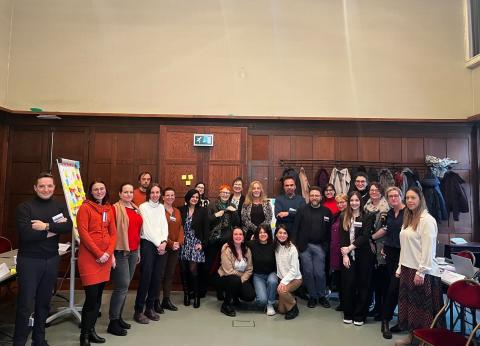The kick-off meeting of the GILL project (Gendered Innovation Living Labs - EU Grant Agreement number 101094812) was held in Brussels on 30 and 31 January 2023. Juan Manuel Corchado and Marta Plaza attended this fruitful and educational event which was attended by all project partners and some representatives of the European Commission.
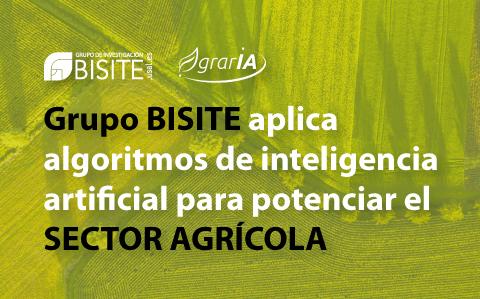
La inteligencia artificial ha revolucionado muchos sectores. El Grupo de Investigación BISITE lo ha evidenciado en varios proyectos, como en el sector energético, la banca, la industria 4.0, la educación, la ciberseguridad o las ciudades inteligentes y ahora en el ámbito agrícola, a través del proyecto AgrarIA.

The BISITE Research Group of the University of Salamanca has achieved funding from the Ministry of Science and Innovation to work on the development of the proof of concept of ActivEdgeMobile (Promoting Active Mobility through Digital Tokens, Edge Computing and Multi-Agent Systems - PDC2022-133161-C32), which will apply the results obtained in the InEDGEMobility project (Towards Sustainable Intelligent Mobility Supported by Multi-Agent Systems and Edge Computing - RTI2018-095390-B).
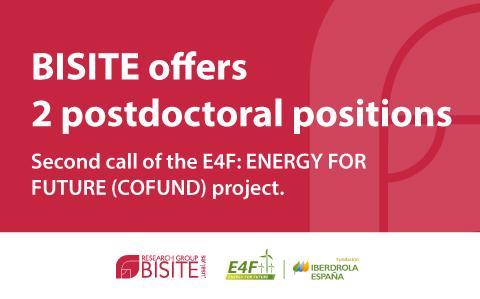
Fundación Iberdrola España, in collaboration with the European Commission's Research Executive Agency, is promoting the Energy for Future (E4F) postdoctoral fellowship program.
The AgrarIA project integrates AWS services to drive digital innovation in the agri-food sector

The AgrarIA project was created to drive digital innovation in the Spanish agri-food sector through cloud services. This strategic initiative aims to accelerate the digital transformation of the agri-food chain through a technology platform based on Amazon Web Services (AWS) cloud computing that will enable initiatives to improve service to users and define new methods of agricultural production.

SMARTSEA - MSc on Smart Maritime & Marine Systems; the first postgraduate programme started in the 2021-2022 academic year and accepted hundreds of applications from prospective students from all over the world.
Marta Plaza from BISITE Group stays in Zagreb (Croatia) in the framework of the TECTONIC project
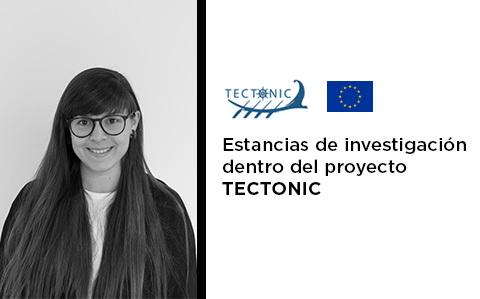
Our colleague Marta Plaza is involved in several projects at the BISITE group. Among them, the TECTONIC project, which has allowed her to carry out a research stay in the H2O ROBOTICS company located in Zagreb, Croatia.
Apply for a Marie Sklodowska-Curie postdoctoral fellowship from the USAL4EXCELLENCE programme
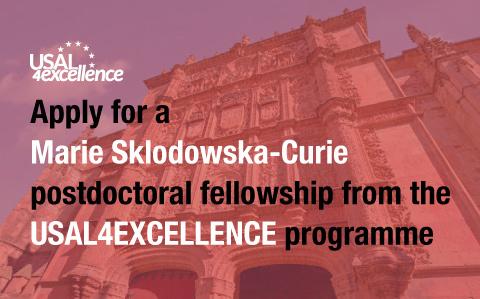
The BISITE Group of the University of Salamanca invites you to join its team to research and work on technologies such as Artificial Intelligence, IoT or Blockchain, in the framework of the prestigious Marie Skłodowska-Curie actions of the European Commission.
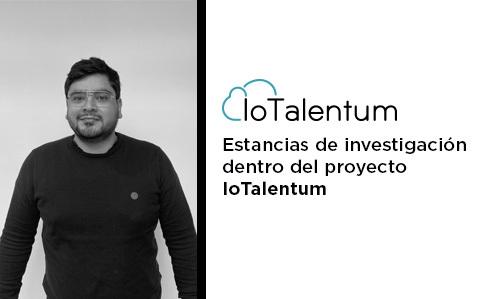
Sebastián López Flórez is a PhD researcher at the BISITE group. He also participates in the IoTalentum project with a Marie Skłodowska-Curie grant.
Our colleague Yeray Mezquita on a research stay in Cosenza (Italy) as part of the TECTONIC project
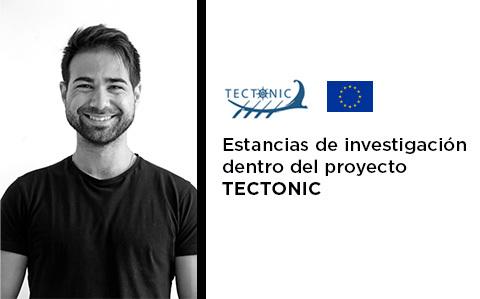
Our colleague Yeray Mezquita is involved in numerous projects at the BISITE group, meanwhile working on his doctoral thesis. One of those projects is TECTONIC, which fosters intersectoral collaboration.
